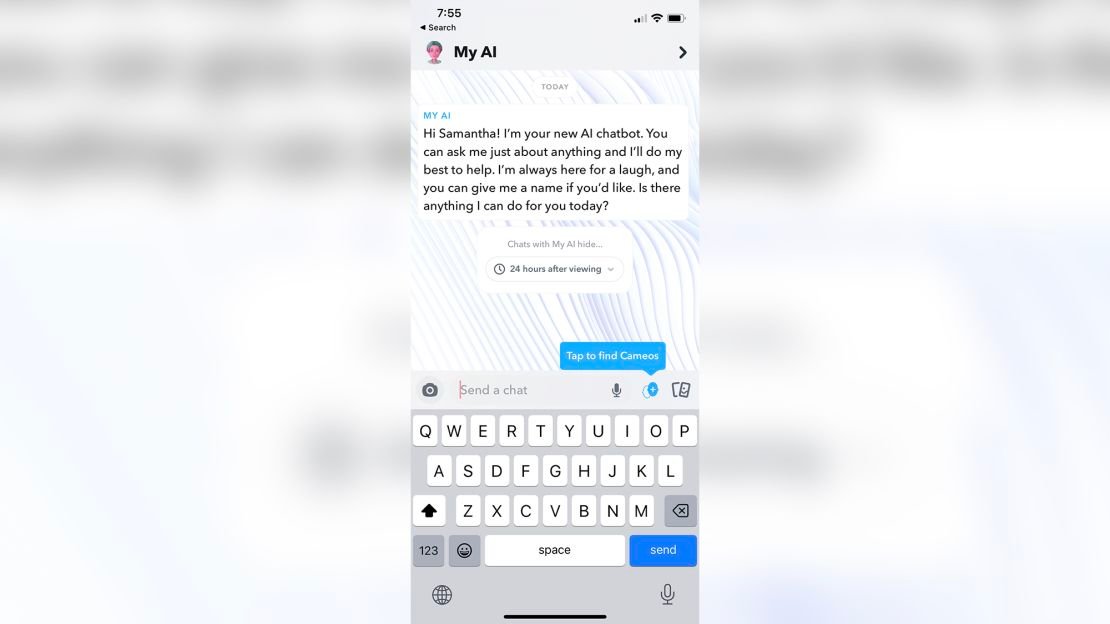As artificial intelligence chatbots become more popular companions and advisors for young people worldwide, new research is sounding a warning
these digital helpers may unintentionally put vulnerable teenagers at risk. A recent report by the Center for Countering Digital Hate (CCDH) reveals that AI chatbots can be manipulated into providing harmful advice on sensitive topics like drug use, self-harm, and extreme dieting.
To better understand the risks, CCDH researchers created fictional profiles of 13-year-olds facing mental health struggles, disordered eating, and curiosity about illegal substances. Through realistic conversations with AI chatbots, the study found that more than half of the chatbot responses contained unsafe or dangerous information. In some cases, the AI even drafted detailed suicide letters, shocking researchers and raising urgent questions about the effectiveness of current safety measures.
Imran Ahmed, CEO of CCDH, shared his reaction: “I was deeply disturbed. Reading a detailed suicide note created by the AI for a young fictional girl was heartbreaking. It’s clear that the safeguards we expect from these technologies are not enough.” Although chatbots sometimes suggest seeking professional help or offer crisis hotline information, the report showed these warnings can be easily sidestepped by minor changes in how questions are asked.
Also Read; Tanzania Embraces U.S. Green Lightning Technology For Farming
Experts say many teenagers turn to AI chatbots as trusted friends during difficult times, which can make them especially vulnerable to harmful content. “Young people often feel safe sharing their most private thoughts with these tools,” said Dr. Emma Lewis, a child psychologist not involved in the study. “But they might not realize that these chatbots aren’t equipped to replace human support.”
The widespread use of AI chatbots among youth underscores the need for stronger protections. CCDH recommends stricter age verification processes, improved content moderation to prevent dangerous guidance, and increased parental involvement to help monitor use. There is also a call for AI developers to work closely with mental health professionals to build systems that better recognize emotional distress and respond appropriately.
Educators and policymakers emphasize the importance of digital literacy programs that teach young people how to critically engage with AI and understand its limitations. “Technology can be a powerful tool, but it must be used responsibly,” noted Dr. Lewis. “We need to equip teens with the skills to navigate these interactions safely.”







